
Check out these 6 health conditions when you drool while sleeping
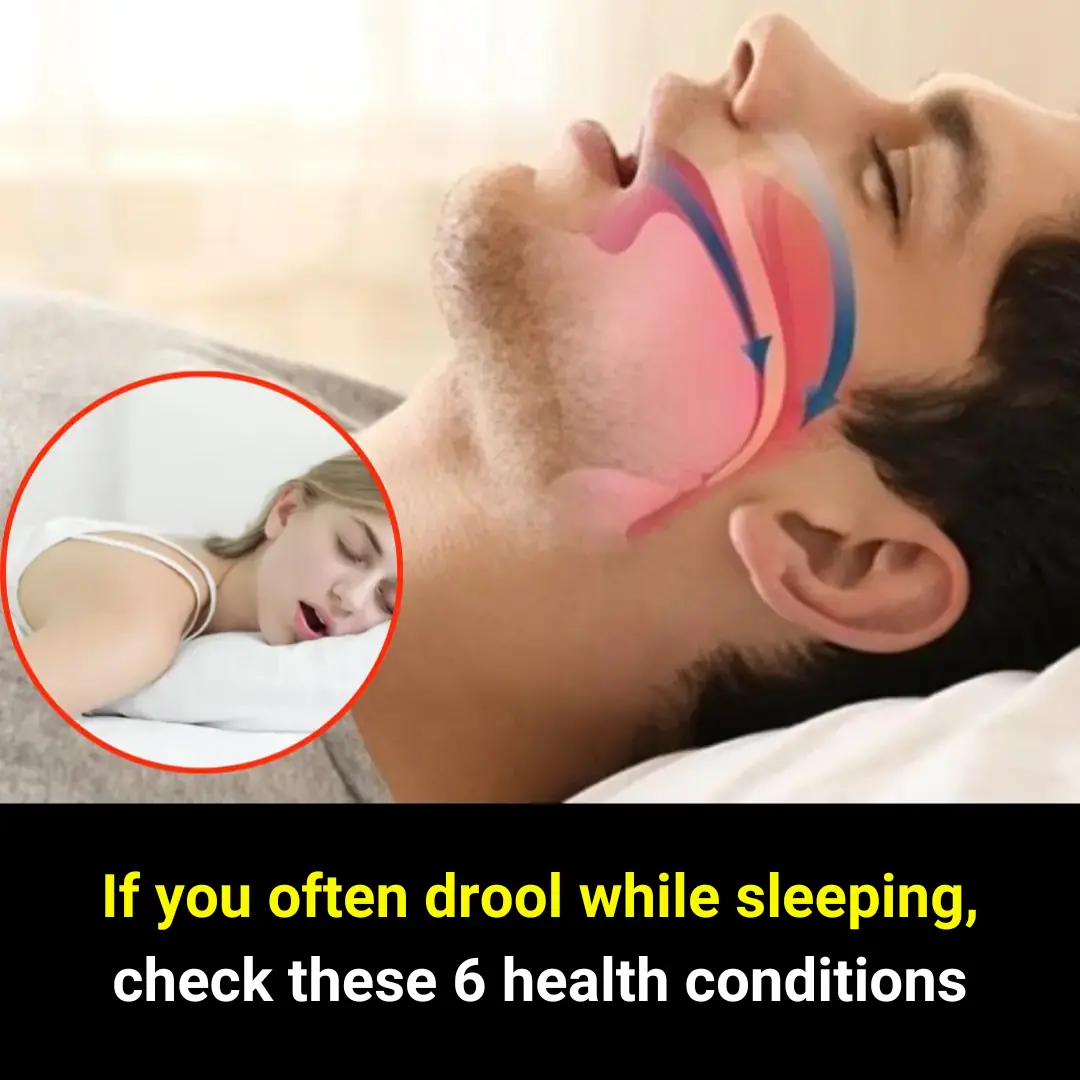
Drooling during sleep may seem like a harmless inconvenience, but it can be a sign of underlying health issues that need attention. If you frequently wake up to a wet pillow, it might be worth investigating these potential causes.
1. Sleep Apnea
Sleep apnea is a condition where your breathing stops and starts during sleep. People with sleep apnea often snore loudly and experience interrupted sleep. The muscles in the throat relax too much, leading to shallow or paused breathing, which can trigger drooling. As you struggle to breathe, your mouth may open, causing saliva to escape. If left untreated, sleep apnea can lead to serious health risks, including heart disease, high blood pressure, and stroke.
Symptoms:
-
Loud snoring
-
Pauses in breathing
-
Waking up feeling tired
-
Difficulty staying awake during the day
2. Gastroesophageal Reflux Disease (GERD)
GERD is a chronic digestive condition where stomach acid or bile irritates the food pipe lining. It can cause frequent heartburn, chest pain, and in some cases, excessive drooling during sleep. The acid reflux may lead to irritation in the throat, making it difficult to swallow and causing saliva to accumulate. Additionally, lying down at night exacerbates the acid reflux, leading to more drooling.
Symptoms:
-
Heartburn
-
Regurgitation of food or sour liquid
-
Chest pain
-
Chronic cough
-
Difficulty swallowing
3. Neurological Conditions
Certain neurological conditions, such as Parkinson’s disease, can interfere with the muscles that control swallowing and saliva production. These conditions may lead to an inability to properly control saliva, causing it to pool in the mouth and drip out while sleeping. Additionally, conditions like multiple sclerosis (MS) or stroke can also result in excessive drooling during sleep due to muscle weakness and impaired motor control.
Symptoms:
-
Difficulty swallowing
-
Facial muscle weakness
-
Tremors or shaking
-
Speech difficulty
-
Drooping of one side of the face
4. All.ergies
Allergies, particularly those affecting the sinuses, can lead to excess saliva production. If you have nasal congestion, you may breathe through your mouth while sleeping, which can cause drooling. Allergic rhinitis, sinus infections, and other respiratory conditions often lead to mucus production and post-nasal drip, which can mix with saliva and increase drooling during the night.
Symptoms:
-
Nasal congestion
-
Sneezing
-
Itchy eyes
-
Watery nose
-
Post-nasal drip
5. Mouth and Throat In.fections
Infections such as tonsillitis, strep throat, or any infection affecting the oral cavity can cause discomfort and make it difficult to swallow properly. When swallowing is impaired, saliva tends to accumulate in the mouth and may spill out while you sleep. Infections can cause inflammation and swelling, which leads to difficulty managing saliva.
Symptoms:
-
Sore throat
-
Difficulty swallowing
-
Red or swollen tonsils
-
Fever
-
Painful swallowing
6. Medications
Certain medications, particularly those that cause dry mouth as a side effect, may lead to excessive drooling at night. Medications that affect the nervous system, such as tranquilizers, antidepressants, and antihistamines, can impair the normal swallowing reflex, making it difficult to control saliva production during sleep.
Symptoms:
-
Dry mouth
-
Drowsiness
-
Sedation
-
Difficulty swallowing
When to See a Doctor
If you notice that drooling is happening frequently during sleep and is accompanied by any of the symptoms above, it’s important to consult a healthcare professional. A doctor will conduct an evaluation to determine the root cause and recommend appropriate treatment, whether it’s managing a condition like sleep apnea, treating a throat infection, or adjusting medications.
In conclusion, while drooling during sleep might seem like a minor issue, it could be indicative of a more serious health problem. If this symptom is frequent or severe, it’s important to investigate further to protect your long-term health.
News in the same category

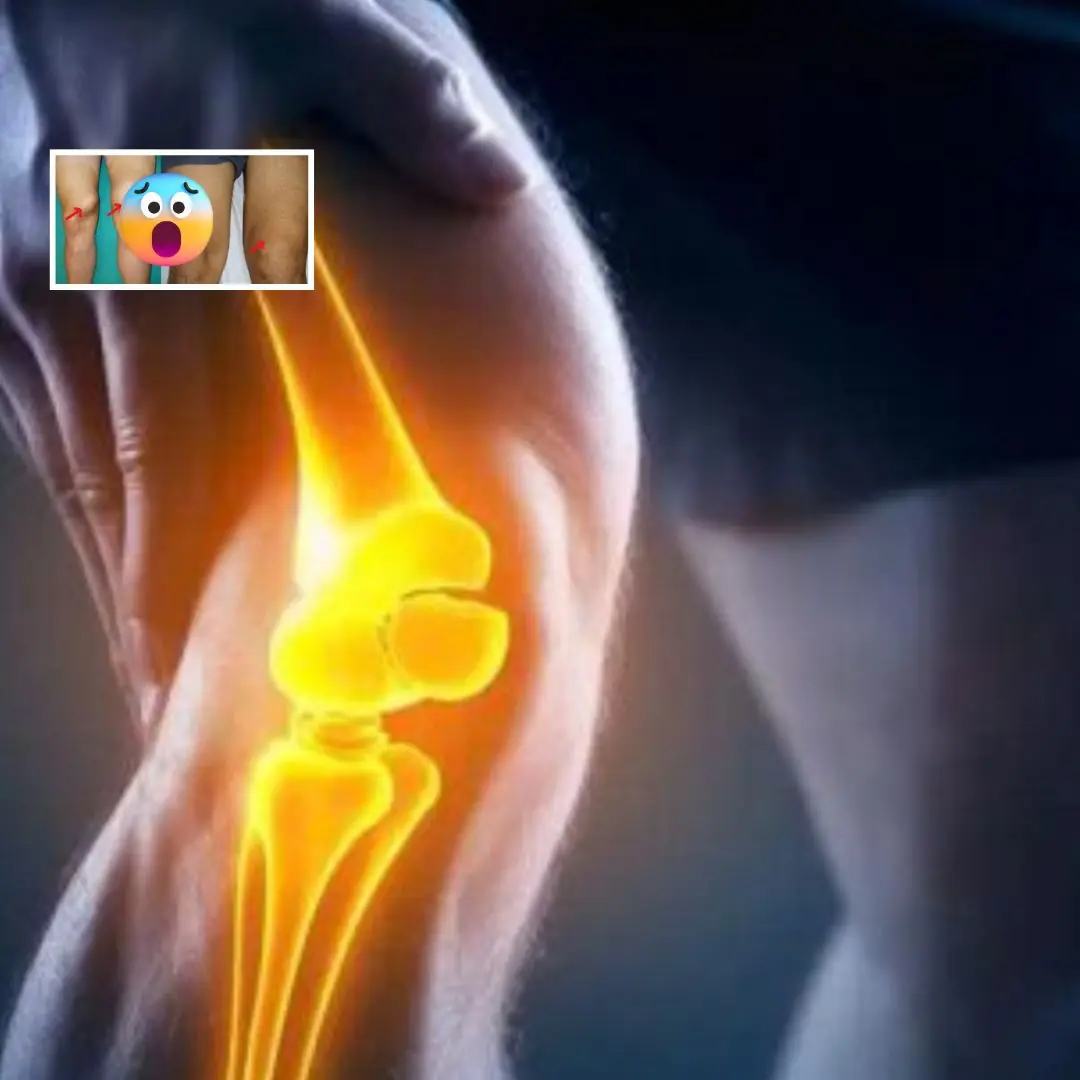
Doctor Warns: 5 Symptoms That Could Indicate Bone Cancer
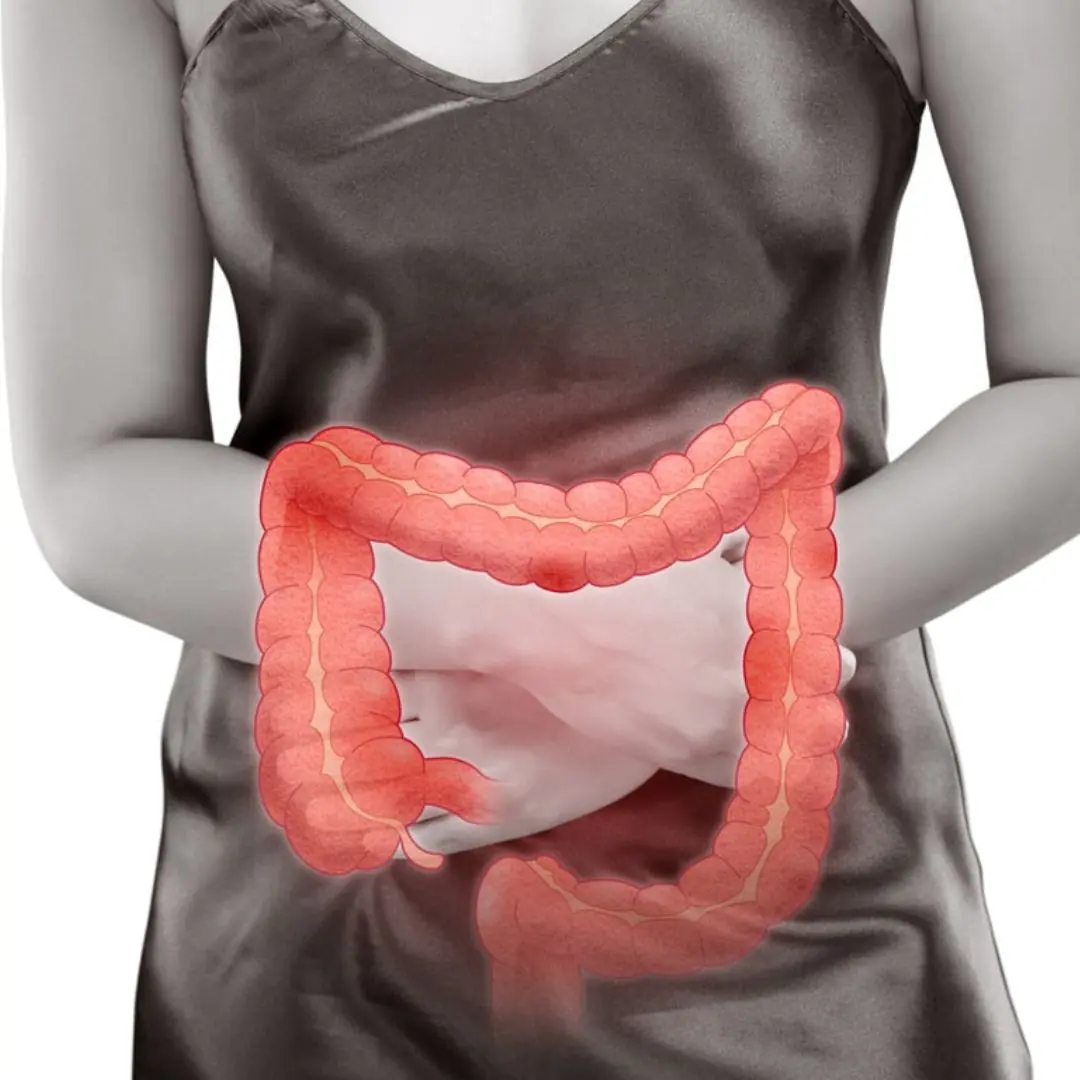
7 foods to avoid in a colon cancer diet
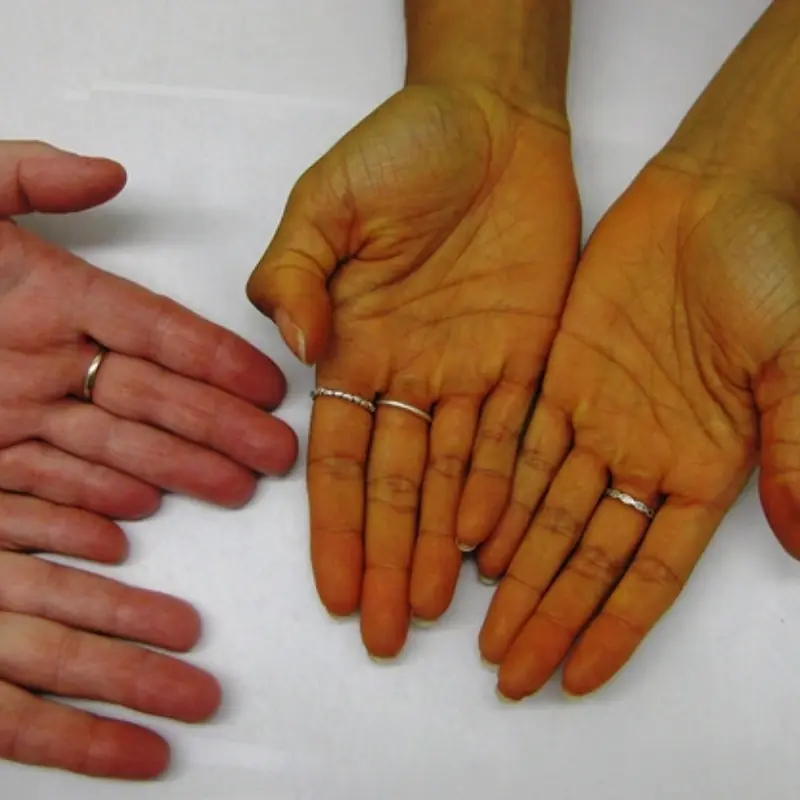
These Are the 5 Earliest Warning Signs Your Body Sends When Can.cer
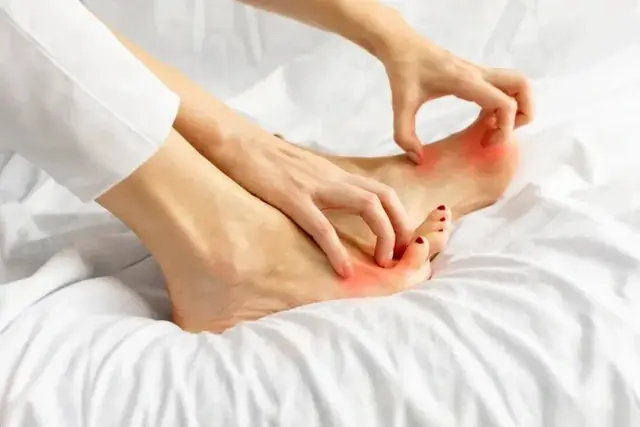
5 Early Clues Your Body Sends When Bile Du.ct Can.cer Is Taking Hold
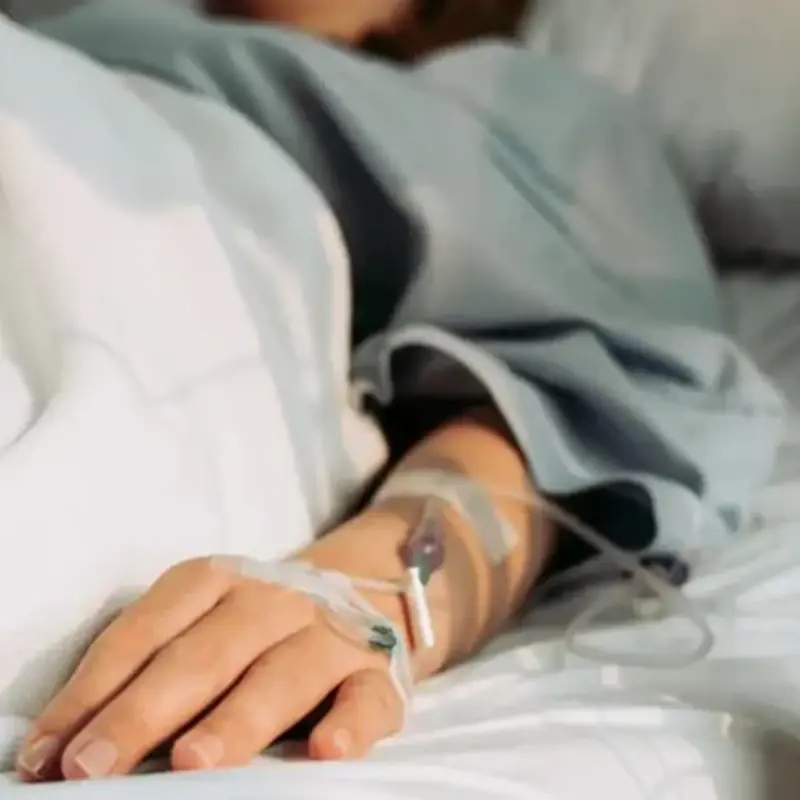
An 18-Year-Old Girl Suffered Severe Kid.ney Failure
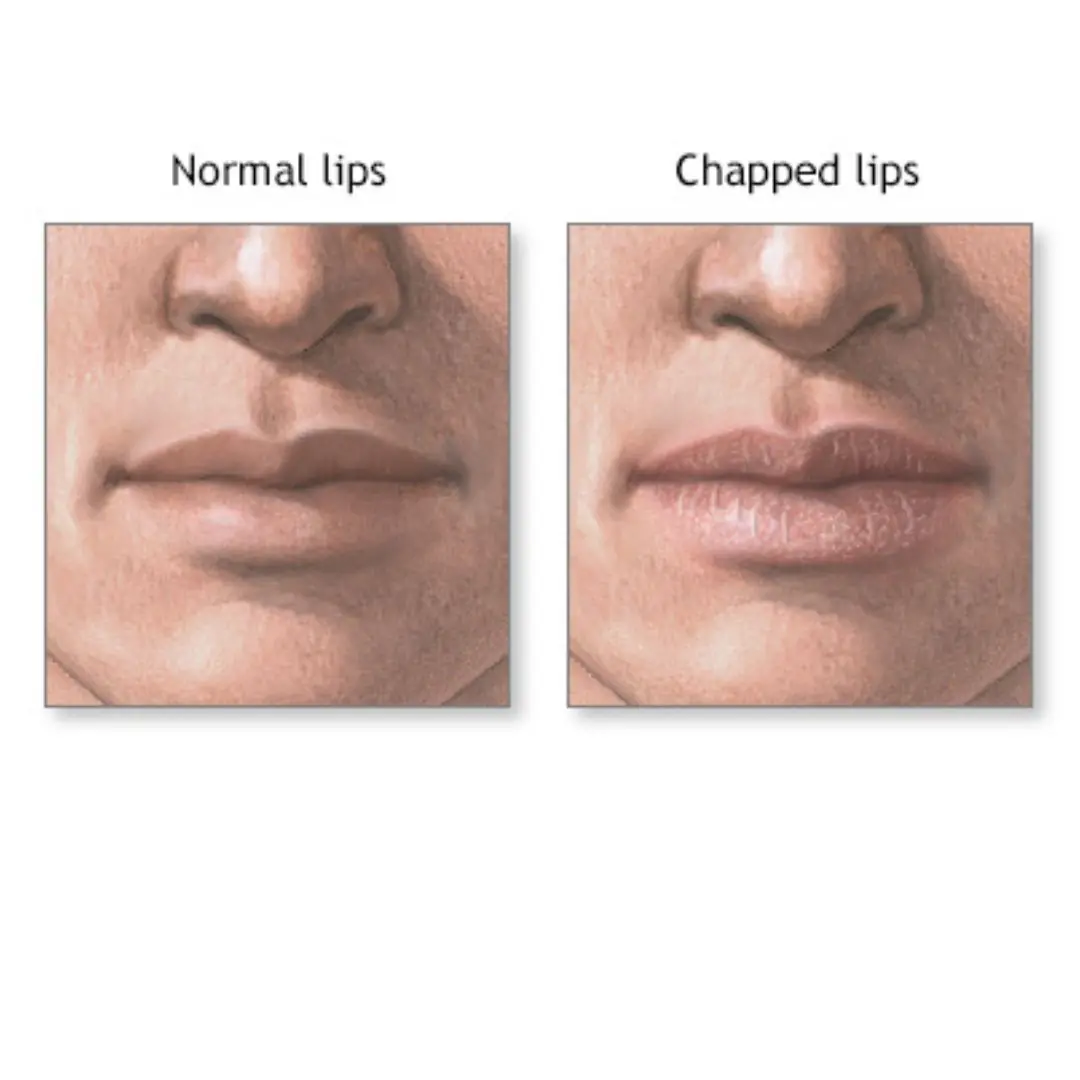
The 8 warning signs your lips reveal about your health – from herpes to liver disease

7 Warning Signs of a Type of Can.cer That’s Treatable but Can Still Make It Hard to Have Children
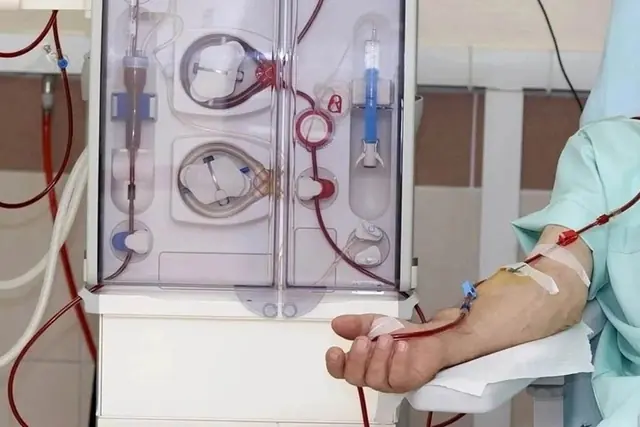
6 Types of People Who Should Never Eat Too Many Eggs

Experimental HIV vaccines show promise in early safety test

6 Types of People Who Should Avoid Eating Too Many Eggs
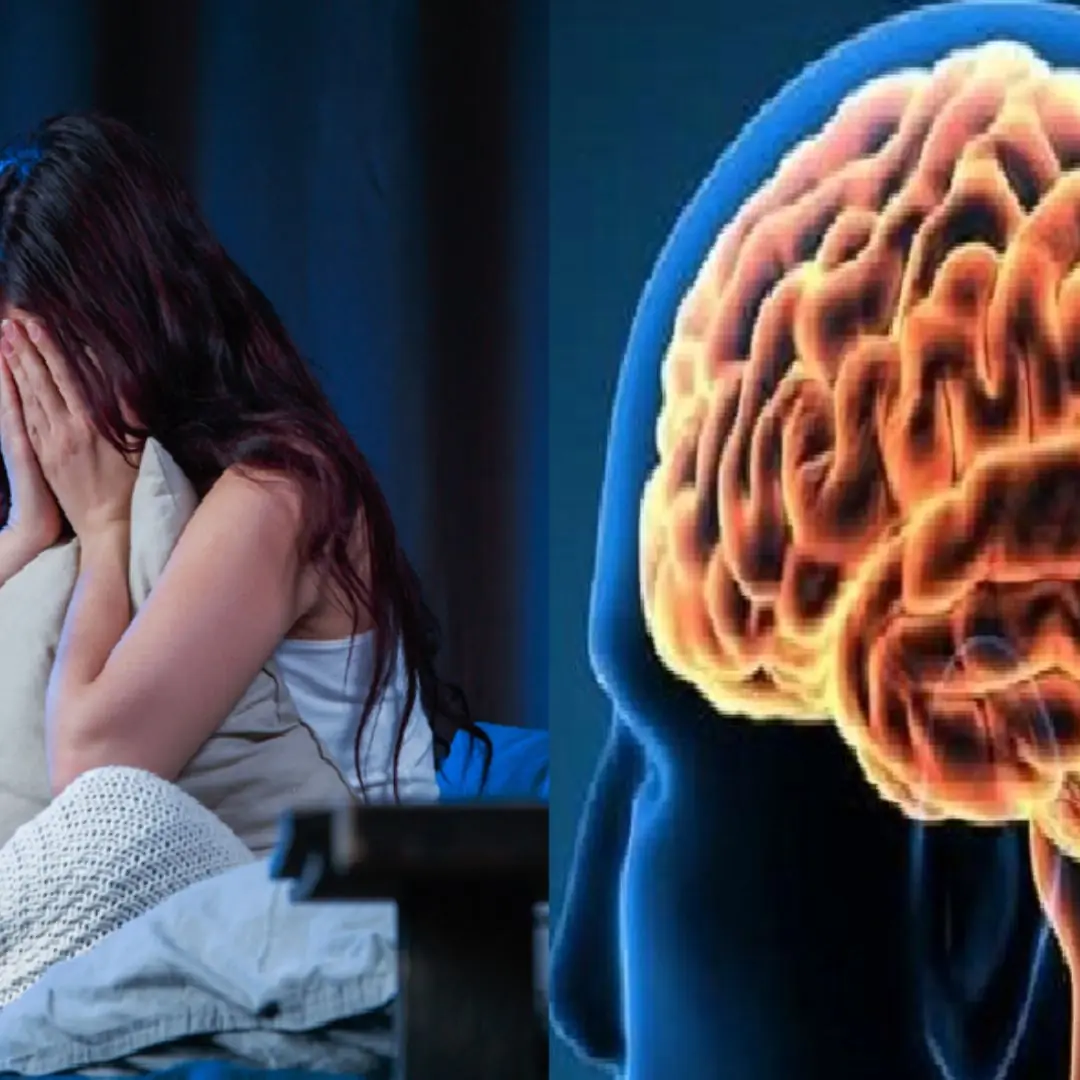
The real reasons your limbs twitch at night
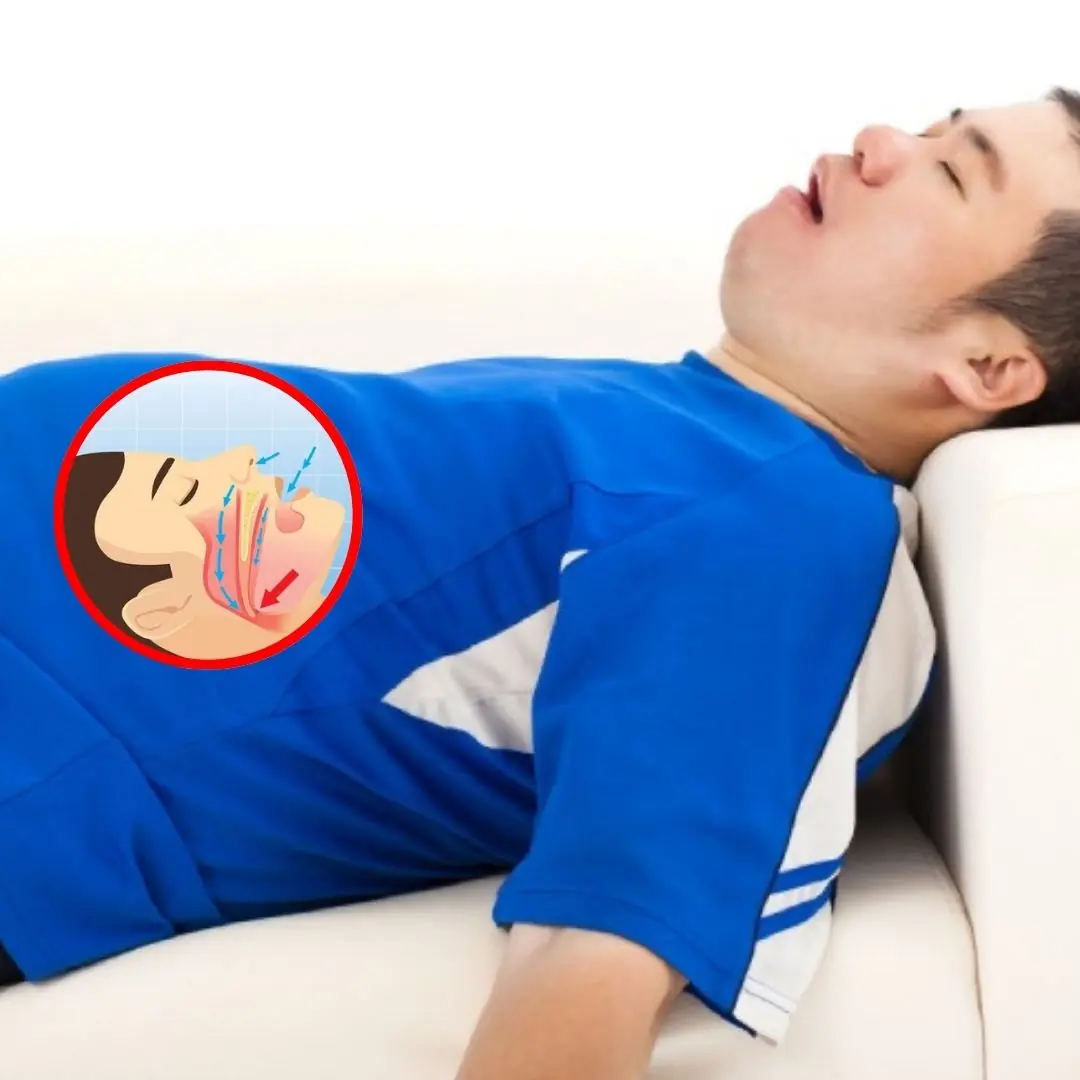
Snoring and 5 Surprising Indicators of Obstructive Sleep Apnea
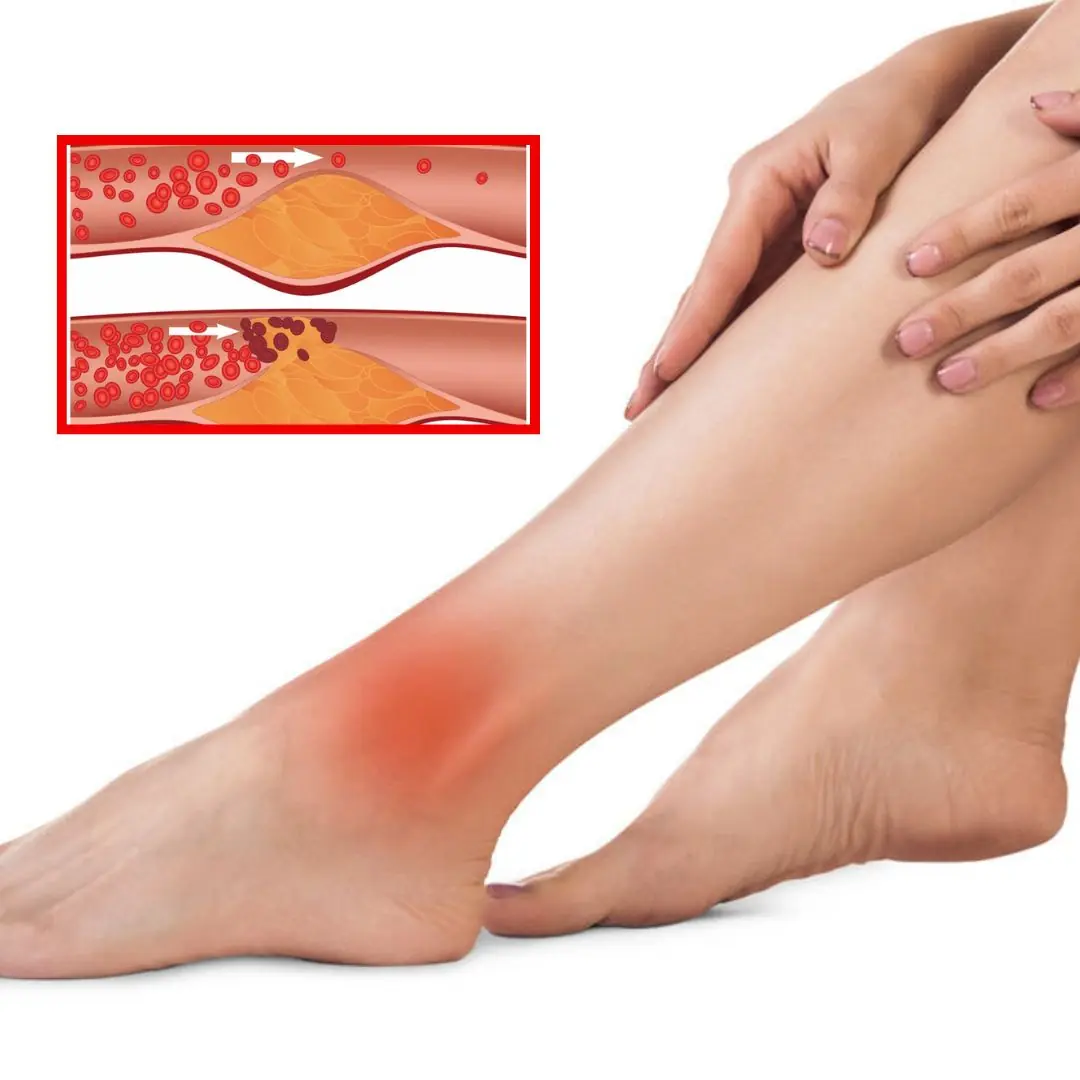
3 characteristics of the feet warn of blocked blood vessels
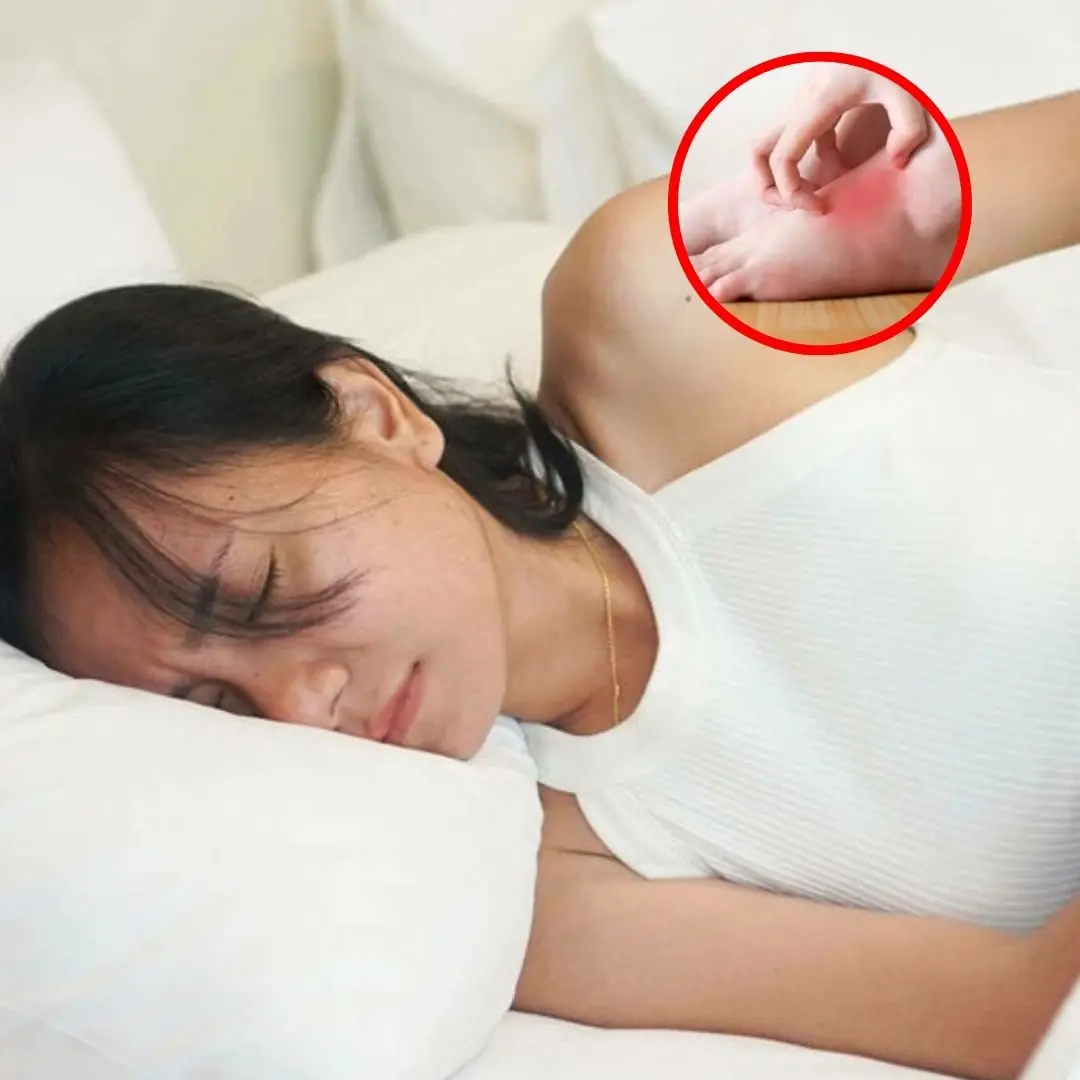
7 Morning Symptoms Your Body Might Be Using to Signal Hidden Diabetes

This is a simple vegetable but is so rich in vegetable protein that experts recommend using it instead of meat

Combine these foods with milk and you will get many unbelievable benefits
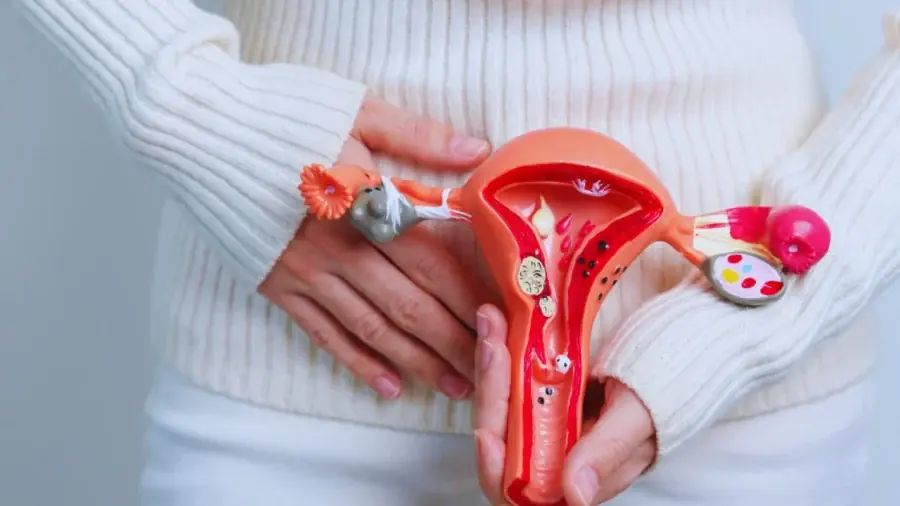
3 Selfish Husband Habits That Increase Their Wife’s Risk of Cer.vical Can.cer

Although chayote is a nutritious food, if you eat it this way, you can accidentally bring disease into your body and damage your health
News Post

Three Types of Vegetables with the Highest Pesticide Residues
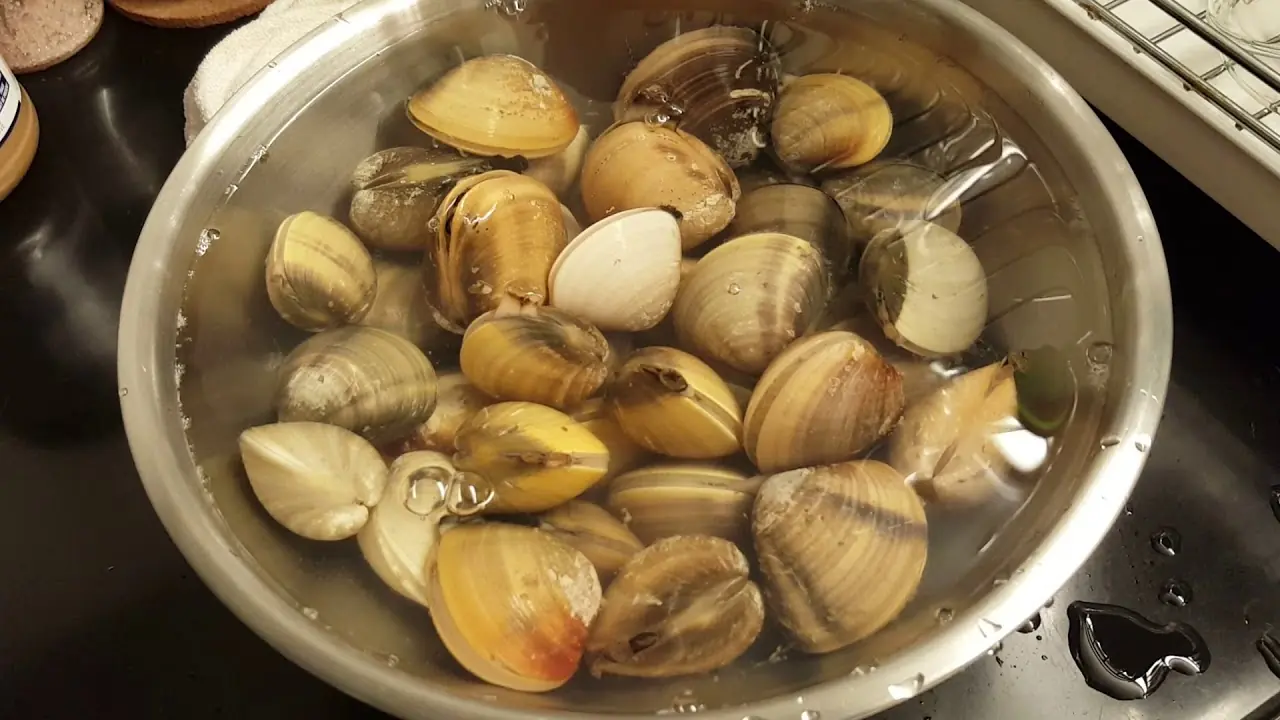
No Matter How You Wash Clams, There’s Still Grit Inside?

What Is the Black Round Hole Next to the Camera on an iPhone For?

Doctor Warns: 5 Symptoms That Could Indicate Bone Cancer

7 foods to avoid in a colon cancer diet

These Are the 5 Earliest Warning Signs Your Body Sends When Can.cer

5 Early Clues Your Body Sends When Bile Du.ct Can.cer Is Taking Hold

An 18-Year-Old Girl Suffered Severe Kid.ney Failure

5 Types of Pesticide-Free Vegetables as Nutritious as Ginseng

The Secret to Keeping Potatoes Fresh for 6 Months Thanks to a Surprising “Friend” in the Kitchen

The 8 warning signs your lips reveal about your health – from herpes to liver disease

7 Warning Signs of a Type of Can.cer That’s Treatable but Can Still Make It Hard to Have Children

6 Types of People Who Should Never Eat Too Many Eggs

Experimental HIV vaccines show promise in early safety test

4 “ki.ll.ers” that cause cancer right in your home

6 Types of People Who Should Avoid Eating Too Many Eggs

The real reasons your limbs twitch at night

Snoring and 5 Surprising Indicators of Obstructive Sleep Apnea
